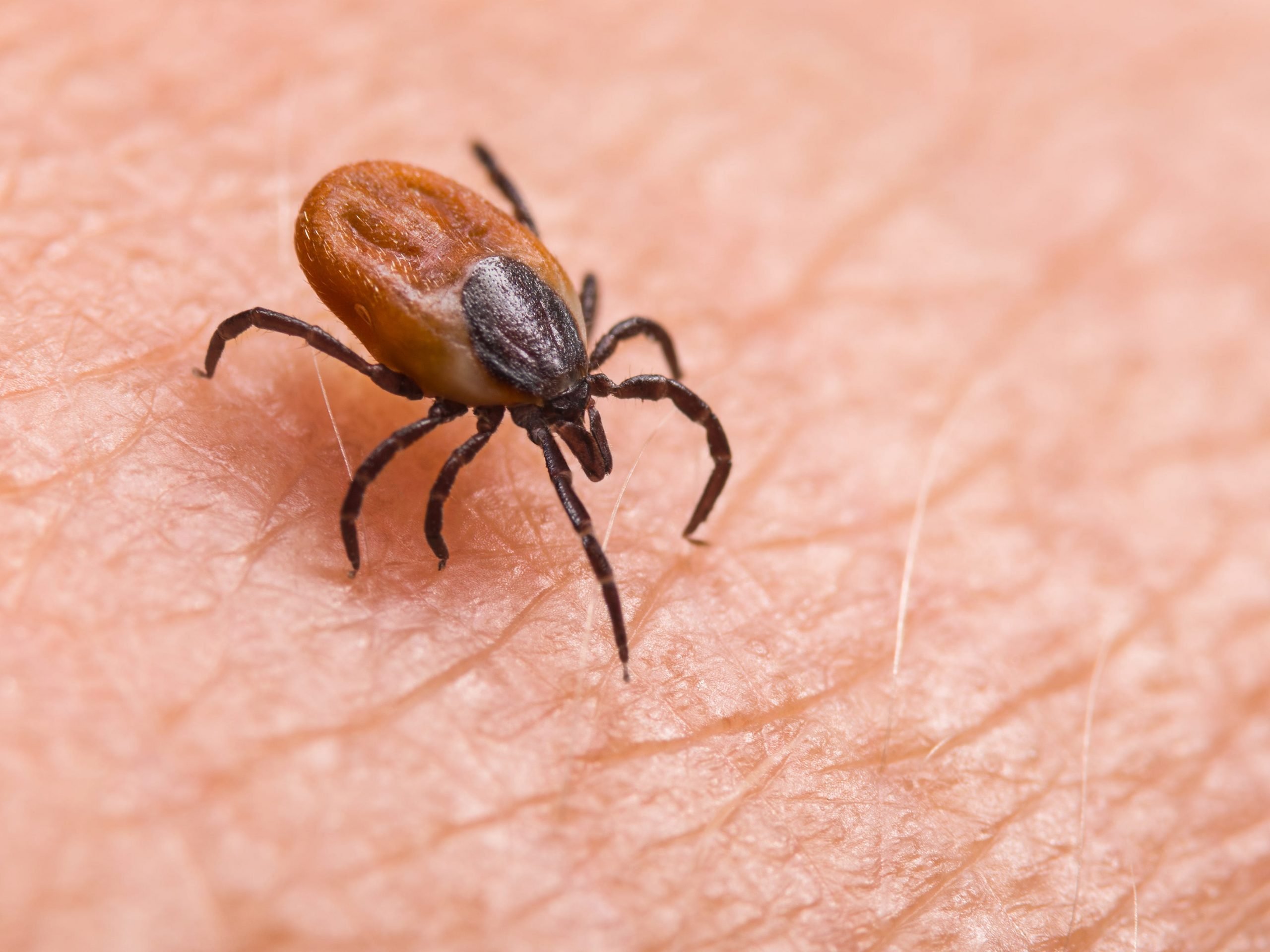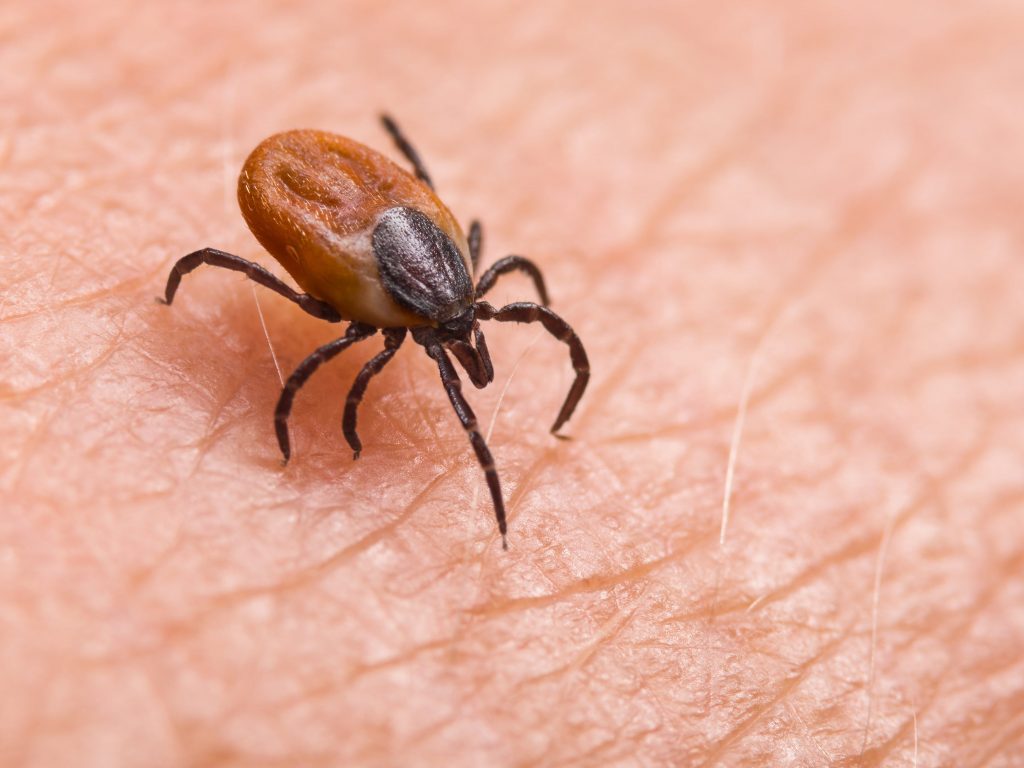
Photon Illustration/Stocktrek Images/Getty Images
- It's tick season right now, but there are easy ways to prevent contracting tick-borne diseases.
- Lyme disease symptoms can range from mild to devastating.
- One Lyme disease expert shares what you should be doing to keep yourself safe from ticks.
- See more stories on Insider's business page.
When Eva Sapi contracted Lyme disease, she had brain fog so bad she had trouble remembering basic facts about her job, dizzy spells so extreme that she had a hard time getting up from her chair, and extreme fatigue that forced her to lay down on her bed as soon as she was done with work.
Sapi, a Lyme disease expert at the University of New Haven, now says the most important thing people can do to avoid the often nightmarish symptoms of the illness is to prevent ticks from biting and transmitting bacteria in the first place.
"You don't want to get this disease," she said. "It's awful."
Here's what you can do to protect yourself during the peak season for tick bites and plummet your chances of contracting Lyme disease.
Check yourself, your pets, and your clothing for ticks
Bacteria from ticks usually doesn't enter your blood until 36 to 48 hours after a bite, so doing tick checks every time you get in the shower or after you go outside can help prevent you from catching a disease. You can pick up ticks in your own backyard, not just on trails, so regularly checking areas on your body where ticks hide, like behind the knees or in the hairline, can plummet your chances of catching any bacteria.
Nymph ticks, which are the most likely to infect humans, can be as small as a poppy seed and difficult to spot, even if you're looking carefully.
-CDC (@CDCgov) May 4, 2018
If you do see a tick, remove it right away.
Limit exposed skin when you're outside, and wear white
Sapi and her family wear long pants tucked underneath white socks when they're out hiking to avoid ticks that might be hiding in the grass or brush. Wearing white socks and clothing can make it easier to spot the tiny ticks that are responsible for most infections, which are often brown or black.
Use bug spray on yourself and permethrin on your clothing
Spraying tick repellant on yourself can deter ticks from attaching and is part of Sapi's hiking routine. You can also treat your clothes with permethrin, which kills ticks on contact.
Throw your clothes in the dryer after outdoor activities
Putting your clothes in the dryer on high heat for at least six minutes is enough to kill ticks, one study said.
Sapi takes it a step further though - she takes her clothes off as soon as she gets home, and immediately throws her laundry in the washer for a cycle, followed by the dryer.
Wash yourself while you're at it
You may be able to scrub unattached ticks off your body with a washcloth or loofah. Plus, it's easier to do a thorough tick check once you're already undressed. According to the Centers for Disease Control, showering within two hours of coming inside can reduce your chances of getting Lyme disease.
Be careful, but don't stop enjoying time outdoors
Sapi said people should continue getting outdoors, but to remember to take basic safety precautions.
"Bottom line is prevention, prevention, prevention," she said.
